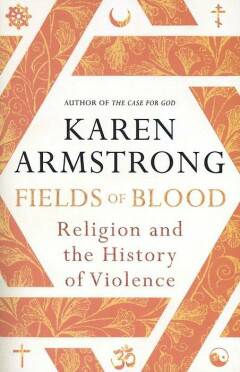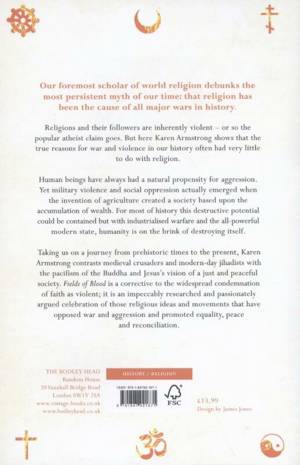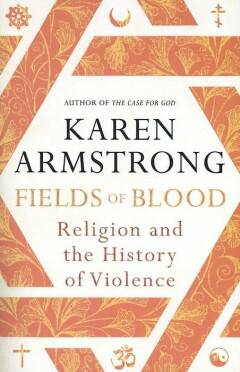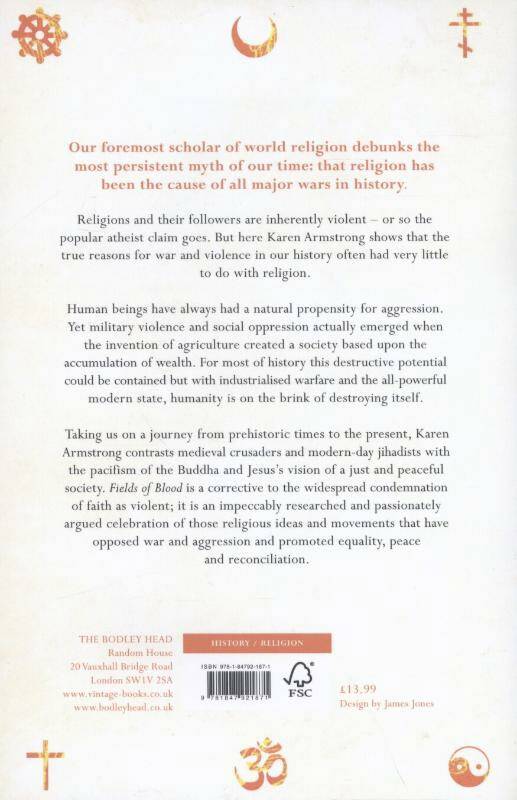
- Retrait gratuit dans votre magasin Club
- 7.000.000 titres dans notre catalogue
- Payer en toute sécurité
- Toujours un magasin près de chez vous
- Retrait gratuit dans votre magasin Club
- 7.000.0000 titres dans notre catalogue
- Payer en toute sécurité
- Toujours un magasin près de chez vous


19,45 €
+ 38 points
Format
Description
Countering the atheist claim that believers are by default violent fanatics and religion is the cause of all major wars, Karen Armstrong demonstrates that religious faith is not inherently violent. In fact, the world's major religions have throughout their history displayed ambivalent attitudes towards aggression and warfare. At times they have allied themselves with states and empires for protection or to further their influence; at others they have tried to curb state oppression and aggression and worked for peace and justice. Taking us on a journey from prehistoric times to the present, Karen Armstrong contrasts medieval crusaders and modern-day jihadists with the pacifism of the Buddha and Jesus' vision of a just and peaceful society; moreover, she demonstrates that the underlying reasons - social, economic, political - for war and violence in our history often had very little to do with religion. While human beings have a natural propensity for aggression, collective violence and warfare emerged at a certain point in history when the invention of agriculture created a society and a state based on the accumulation of wealth. For most of history our destructive potential could be contained but with the industrialised warfare and all-powerful state of the modern age, humanity is on the brink of destroying itself. Vast in scope, impeccably researched and passionately argued, Fields of Blood is more than a corrective to the prevailing view that religion is to blame for most of the bloodshed throughout human history: it is a celebration of those religious ideas and movements that have opposed war and aggression and promoted peace and reconciliation.
Spécifications
Parties prenantes
- Auteur(s) :
- Editeur:
Contenu
- Nombre de pages :
- 499
- Langue:
- Anglais
Caractéristiques
- EAN:
- 9781847921871
- Date de parution :
- 01-01-14
- Format:
- Livre broché
- Dimensions :
- 153 mm x 234 mm
- Poids :
- 747 g

Les avis
Nous publions uniquement les avis qui respectent les conditions requises. Consultez nos conditions pour les avis.







